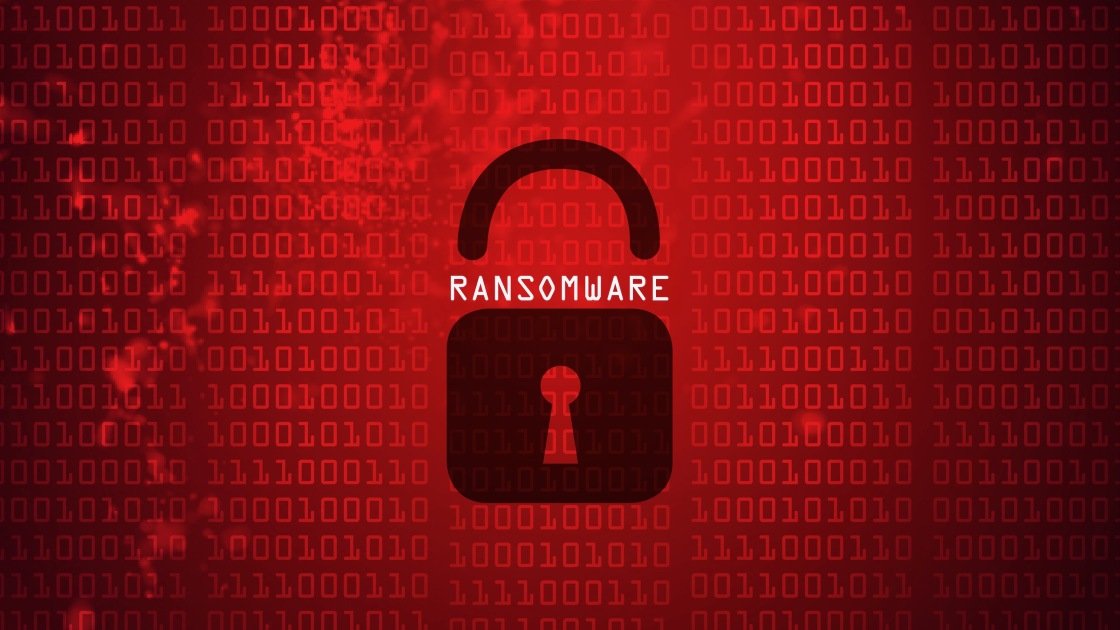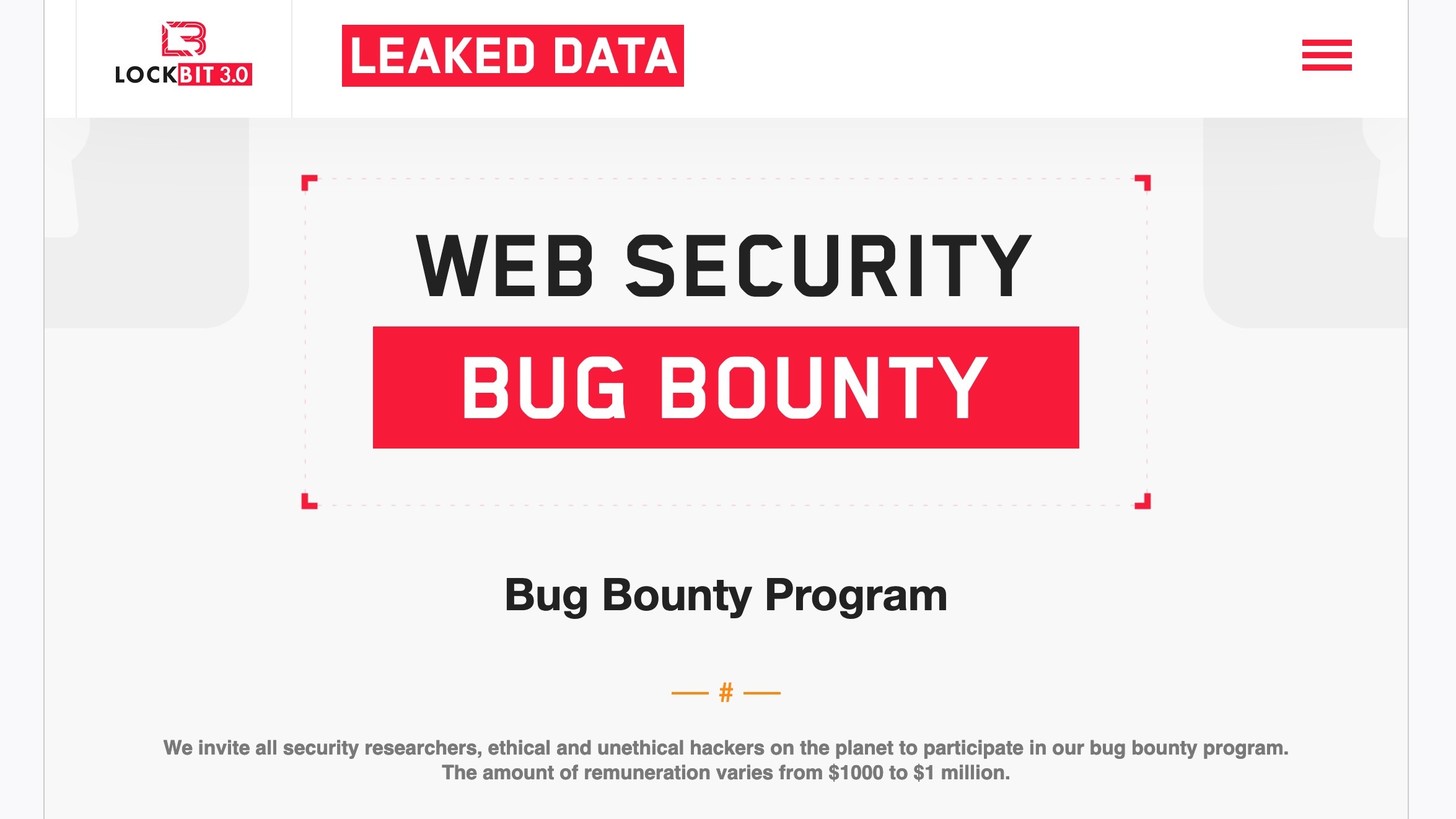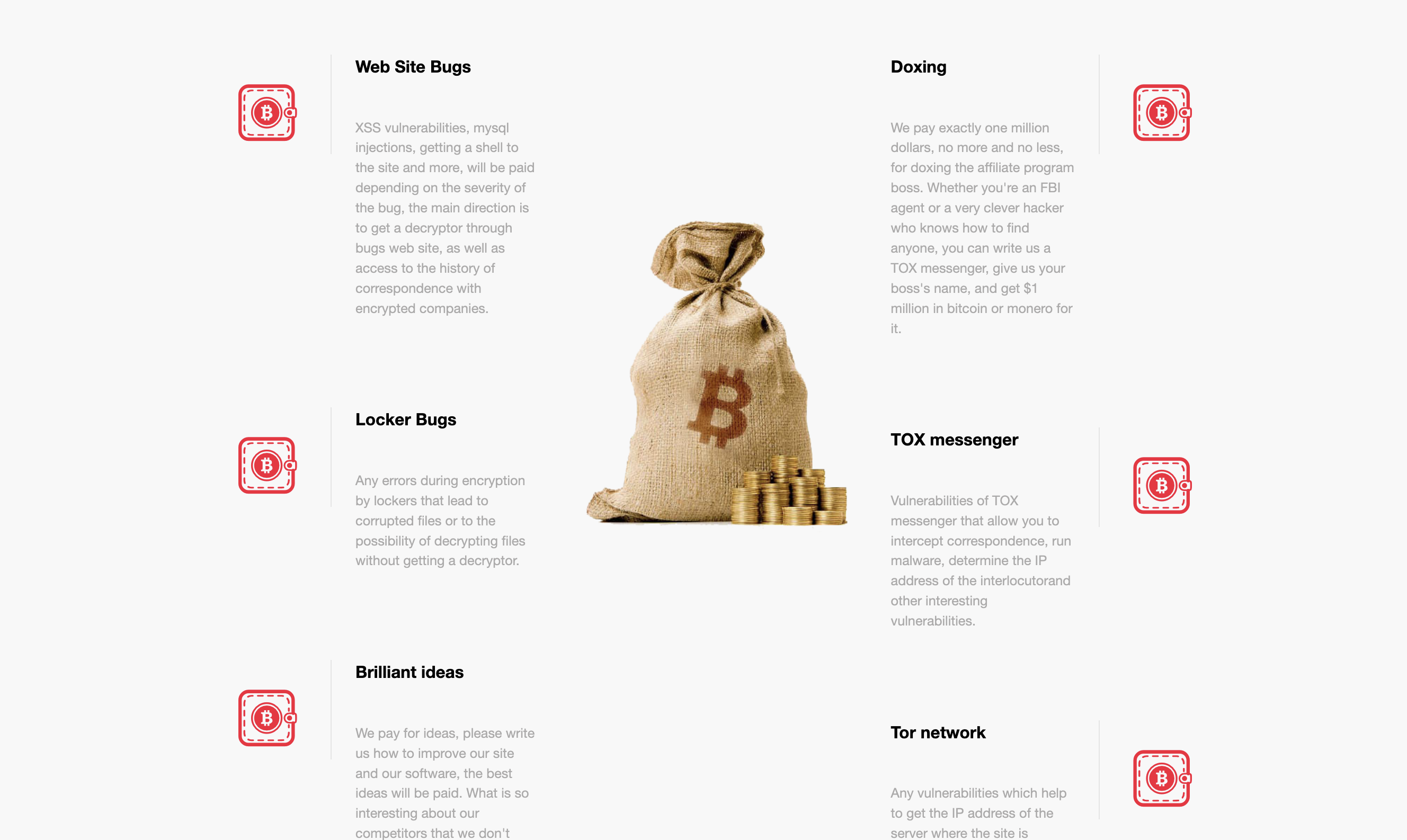Chile’s new constitution reflects current ethos; here’s what it promises
The proposed constitution centres around social rights for marginalised groups, women, the indigenous and the disabled; it also guarantees rights around free speech, abortion, environment, health, water and housing

On the 4th of July, as the US was having its Independence Day celebrations, a South American democracy witnessed a landmark moment. Chile prepared the grounds for a brand new constitution that would, if and when it comes into force, truly represent the times we live in.
Chile’s assembly handed a completed constitutional draft to President Gabriel Boric, before making it available to the public. The citizens will now review the document over two months before deciding its fate in an obligatory referendum on September 4.
The making of the document
In May 2021, Chilean voters elected dozens of delegates to redraft their constitution. The set constitutional convention was split equally between men and women. Seventeen seats were reserved for the nation’s indigenous populations. This came after the 2019 spring protests, when citizens took to streets demanding social reform.
Elisa Loncón, Mapuche linguist and indigenous rights activist, was elected president of the constitutional assembly, the body charged with writing the new constitution. The constitutional assembly took the assistance of the UN Human Rights Regional Office for South America project, Chile.
“Never before have the indigenous communities of Chile been invited to help draft a new constitution,” remarked Loncón.
World’s longest constitution
The proposed constitution is the world’s longest, with 388 articles. It centres around social rights for marginalised groups, women, the indigenous and the disabled. It also guarantees rights around free speech, abortion, environment, health, water, housing, and publicly-funded national health service. The rights already present in the current constitution have been amplified in the new one.
The biggest difference from the existing constitution is that it will give official recognition to the indigenous peoples living in the country,…






